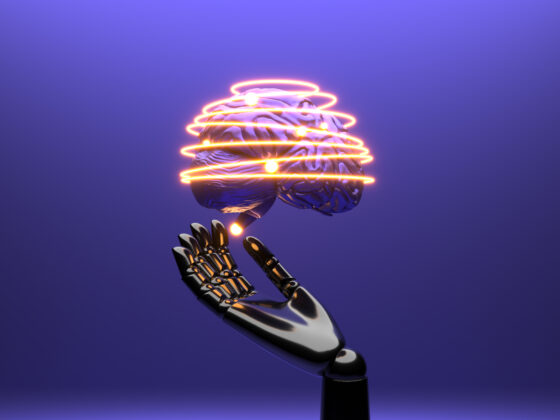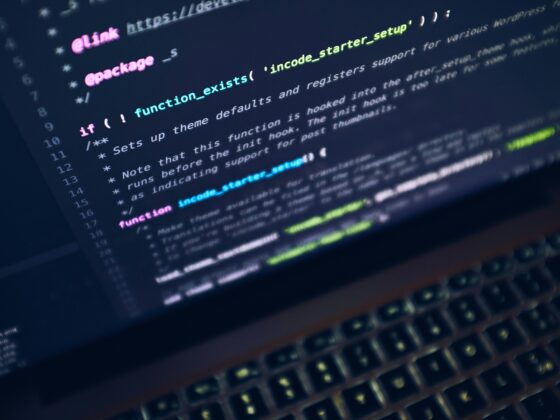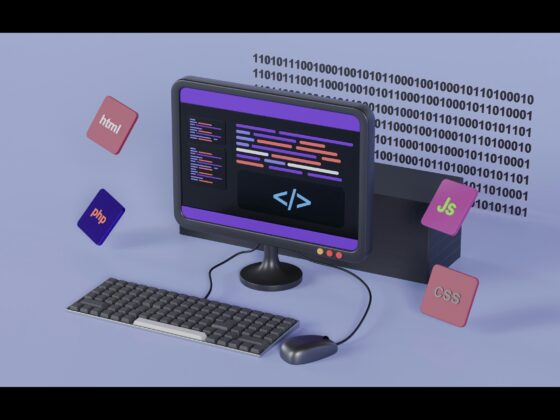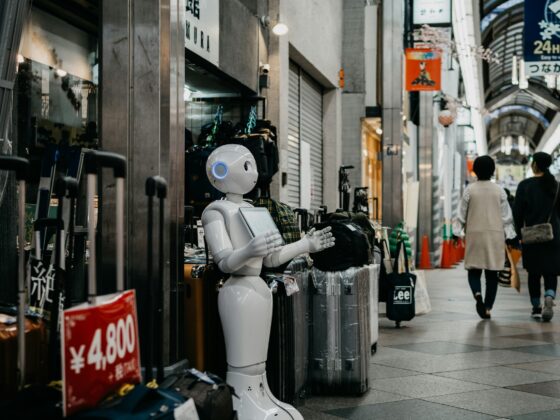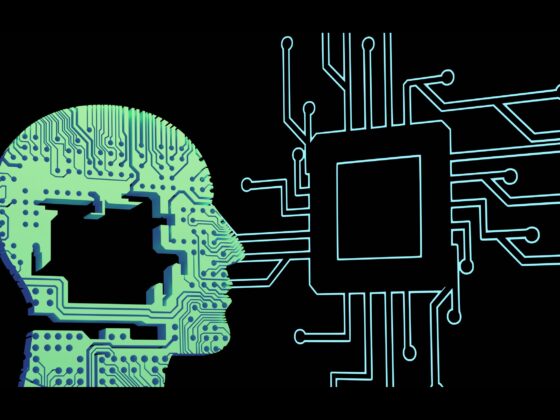As artificial intelligence (AI) continues to advance at a breathtaking pace, the world grapples with a critical question: Are AI Robots Stealing Our Jobs, or is it a beneficial tool meant to augment human capabilities? This article delves into the complexities of AI in our modern world, exploring its impact on the workforce, its ethical implications, and the balance between human intelligence and machine efficiency.
The AI Phenomenon: Revolution or Evolution?
The sci-fi trope of robots taking over the world has long haunted our imaginations. But in 2024, the line between fiction and reality seems to be blurring. Artificial intelligence (AI) is rapidly advancing, infiltrating every facet of our lives. The question on everyone’s mind is: Are we facing a robot revolution as AI Robots Stealing Our Jobs.? Or is AI just here to lend a helping hand?
There’s no denying that AI is making waves in the workforce. Robots are assembling cars, packing shelves, and flipping burgers faster and more efficiently than any human ever could. This raises a troubling concern: Are AI Robots Stealing Our Jobs?
The rise of AI should not be seen as a dystopian nightmare, but as a call to evolve and adapt. It’s a chance to redefine our roles and capabilities in a world where human intelligence and machine efficiency coexist
Mannan Sajid
Furthermore, AI isn’t always a job killer. In many cases, it acts as a powerful tool that augments human capabilities. Imagine a surgeon assisted by an AI-powered robot with precision far exceeding human hands. Or a lawyer using AI to analyze vast amounts of legal documents in minutes, freeing them to focus on strategic thinking and courtroom arguments.
Understanding AI’s Strengths and Weaknesses
The key to navigating this AI revolution lies in understanding its strengths and weaknesses. AI excels at handling large amounts of data, performing precise calculations, and following pre-defined rules. However, it still struggles with tasks that require creativity, empathy, critical thinking, and social intelligence – uniquely human traits that remain irreplaceable.
So, is AI truly taking our place? Not necessarily. Instead, it’s pushing us to evolve and adapt. Our future workforce will need a blend of technical skills and uniquely human qualities. We must cultivate creativity, critical thinking, and emotional intelligence to thrive alongside AI, not compete with it.
Ultimately, the rise of AI is an opportunity as it will never be able to replace our jobs entirely, and we can consider it not a threat. By embracing its potential and learning to collaborate with it, we can step into a future where humans and machines work together to create a better, more efficient, and fulfilling world.
Ethical Considerations of AI Robots
- The ethical implications of AI robots, including bias and transparency, need careful consideration.
- The importance of ensuring equitable access to the benefits of AI for all members of society.
- The need for ongoing research and development to ensure AI remains beneficial and aligned with human values.
By acknowledging these challenges and proactively shaping the future of AI, we can ensure that the rise of the machines isn’t a dystopian nightmare, but a stepping stone towards a brighter tomorrow.


